Are Dating Shows Past Their Prime?
With 'Perfect Match' making no noise and 'Love Island USA' enmeshed in controversy, unscripted TV is leaving fans lost in the chaos.
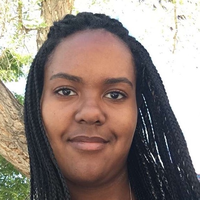
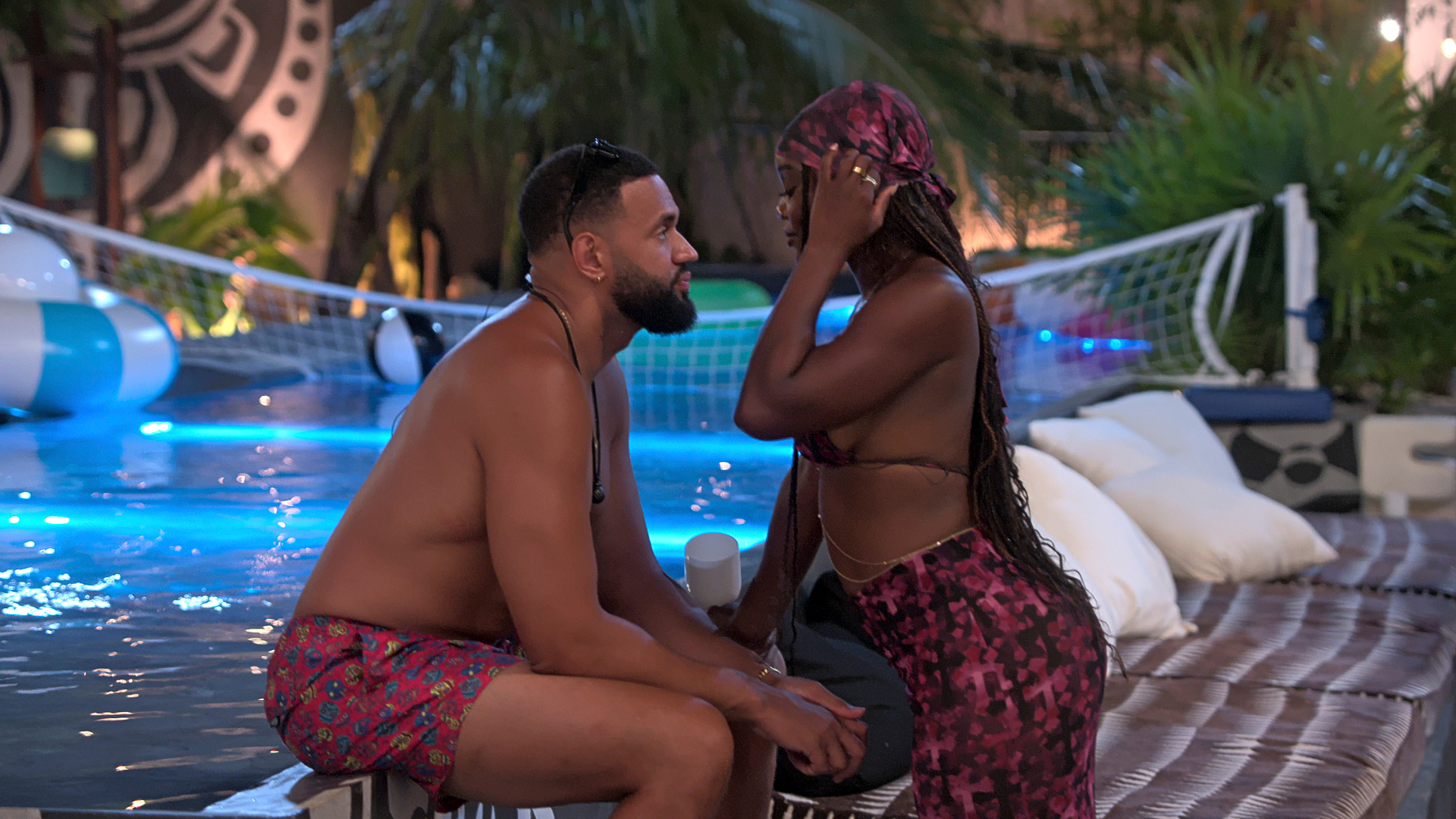
Select the newsletters you’d like to receive. Then, add your email to sign up.
You are now subscribed
Your newsletter sign-up was successful
Want to add more newsletters?

Delivered daily
Marie Claire Daily
Get exclusive access to fashion and beauty trends, hot-off-the-press celebrity news, and more.

Sent weekly on Saturday
Marie Claire Self Checkout
Exclusive access to expert shopping and styling advice from Nikki Ogunnaike, Marie Claire's editor-in-chief.

Once a week
Maire Claire Face Forward
Insider tips and recommendations for skin, hair, makeup, nails and more from Hannah Baxter, Marie Claire's beauty director.

Once a week
Livingetc
Your shortcut to the now and the next in contemporary home decoration, from designing a fashion-forward kitchen to decoding color schemes, and the latest interiors trends.

Delivered Daily
Homes & Gardens
The ultimate interior design resource from the world's leading experts - discover inspiring decorating ideas, color scheming know-how, garden inspiration and shopping expertise.
I don’t know about everyone else’s algorithm, but based on my feeds, Netflix’s third season of Perfect Match is making no noise. Sure, the streaming giant’s omnibus reality show reached its Top 10, but none of my favorite follows are tweeting; the #PerfectMatch tag on TikTok is bringing up posts from last year. I asked some friends if they were watching, and they thought I meant the Chinese drama from earlier this year. Even the subreddit’s top posts are either about how “everyone sucks,” or how this season is frustrating or mid. Though Netflix tried to curate the biggest season yet by bringing in reality alums outside of the streaming giant, the fandom has reached a consensus: We’re tired.
It seems that fans of reality dating series have reached their maximum limits for toxic drama, after a year where producers couldn’t find the love. For as many Reddit posts as there are tracking reality stars’s every update and examining who’s mad at who, there are tweets and threads about how insert-upcoming-show is coming to claim whatever peace fans have found while taking a reality TV break. It’s enough to make you wonder whether fans are close to changing the channel altogether.
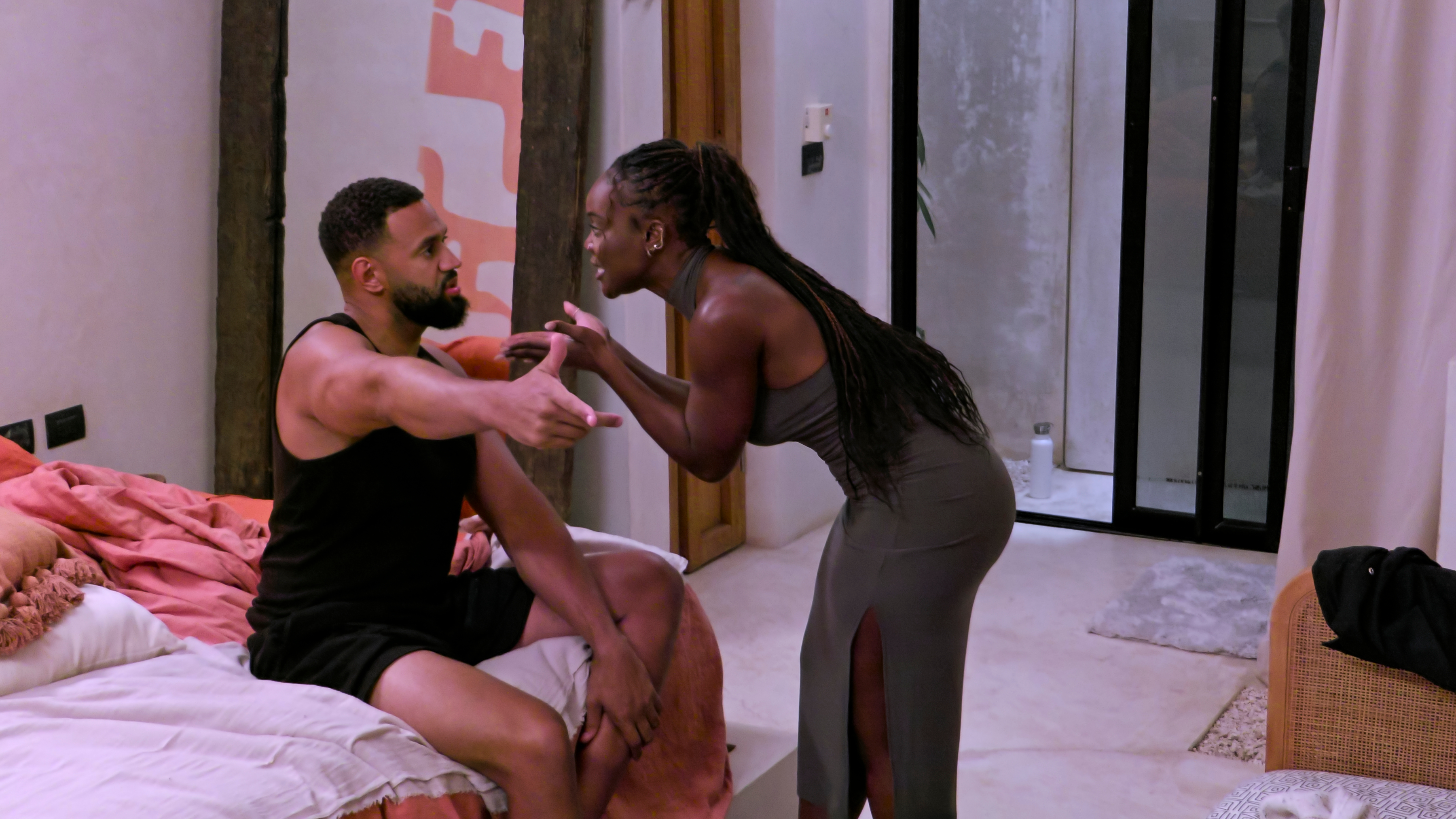
Ollie and AD argue over the meaning of respect on Perfect Match season 3.
Months before it debuted, Perfect Match season 3 promised a love story. The series—which produced one failed engagement and zero long-term relationships in its first two seasons—spoiled itself during Love Is Blind’s season 8 reunion in March 2025, when Amber “A.D.” Smith and Ollie Sutherland announced their engagement after meeting while filming the dating competition. However, fans who tuned in expecting to see a meet-cute and honeymoon period between the financés (and expectant parents) instead saw a rehash of the typical reality dating mess: After he and A.D. were split up due to an arbitrary gameplay twist in episode 6, Ollie quickly moved on and made out with Justine Ndiba. When A.D. returned the next day during the boys’s mixer, Ollie lied directly to A.D.’s face. Though she eventually forgave him, Ollie’s many red-flag behaviors left viewers much less enthused about Perfect Match’s one fairytale couple.
I won’t go as far as to call this a bait-and-switch. Anyone who’s seen an episode of Perfect Match (or any other Netflix Reality Universe show) should be used to fights and crash outs superseding actual love stories. Each season so far has received love-hate criticism for being overly chaotic and full of manufactured conflict, while season 3 flew too close to the sun by having its one confirmed couple’s storyline hinge on breaking up the house’s two strongest pairings. Sure, the change-up provided novelty, but it also betrayed fans who were tuning in for the parasocial feels A.D. and Ollie’s story could’ve provided. There’s a difference between seeing Ollie self-sabotage organically—which undoubtedly would’ve happened at the boys’s mixer if A.D. wasn’t there—and watching him fail a producer-planted test.
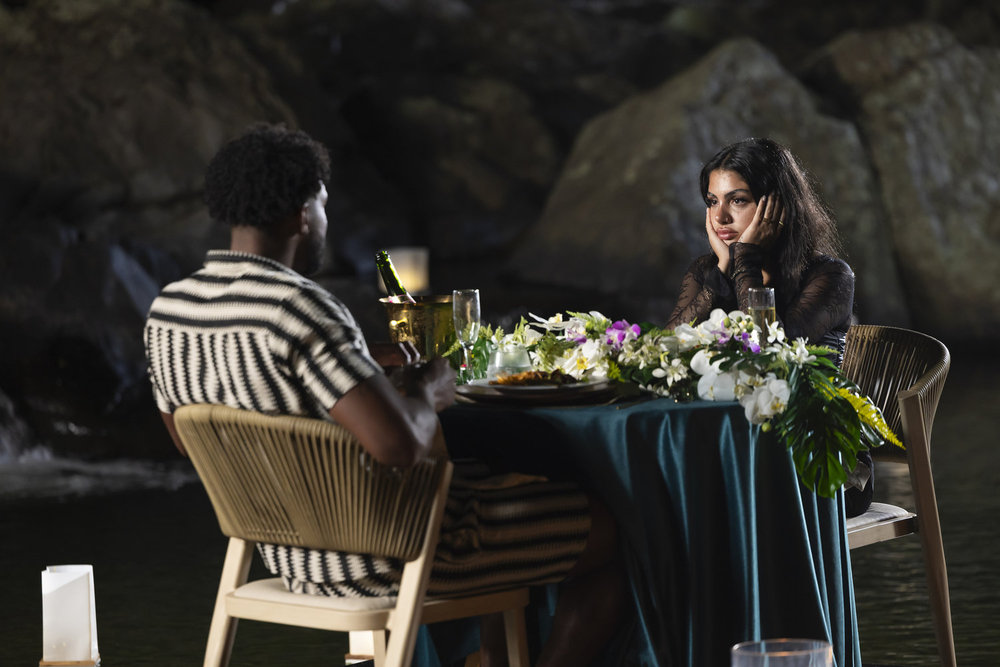
Chris Seeley and Huda Mustafa break up on Love Island USA season 7.
It also didn’t help that the episode 6 twist followed a trend that reality TV fans had already gotten their fill of by the time Perfect Match aired. Unlike previous years, season 3 debuted after Love Island USA season 7 had concluded—racking up over 18 billion minutes watched, per Peacock—and sucked up most reality viewers’s energy and goodwill. After season 6’s breakout year, season 7 failed to replicate its mix of authentic yet heightened drama, genuine friendships, and romances. Instead, producers prioritized chaos via fan votes over traditional recouplings, creating an environment where playing the field was mandatory and promising relationships were punished. One of the final couples, Huda Mustafa and Chris Seeley, broke up during the finale—a first in franchise history that showed how far season 7 strayed from the ethos that made the series an international phenomenon. Meanwhile, the most popular out of the season by far, Nicolandria, is the stuff of fan theory come to life; though they’re a charming couple, it’s concerning in a season where fans were arguably given too much power.
As summer 2025 comes to an end, the future of the dating show looks bleak. Love Island USA isn’t technically over, since the season 7 reunion special isn’t until August 25, but its notoriety, fueled by cast member racism scandals and toxic fandom, will loom over season 8’s production. Bachelor in Paradise has undergone a total makeover that has divided fans over its brand-new location and the addition of a cash prize. The U.S. iteration of Love Is Blind returns in October for its whopping ninth season, following its most boring installment yet earlier this year. And Love Is Blind: UK’s second season begins two days before the Perfect Match season 3 finale, as Netflix reaches a peak of unscripted-TV saturation. As someone who watches reality TV for a living, it feels like the genre could face a turning point: Will producers course-correct, or will future seasons only give fans dread in the pit of their stomachs, with no room for butterflies? Is this the beginning of reality TV’s enshittification?
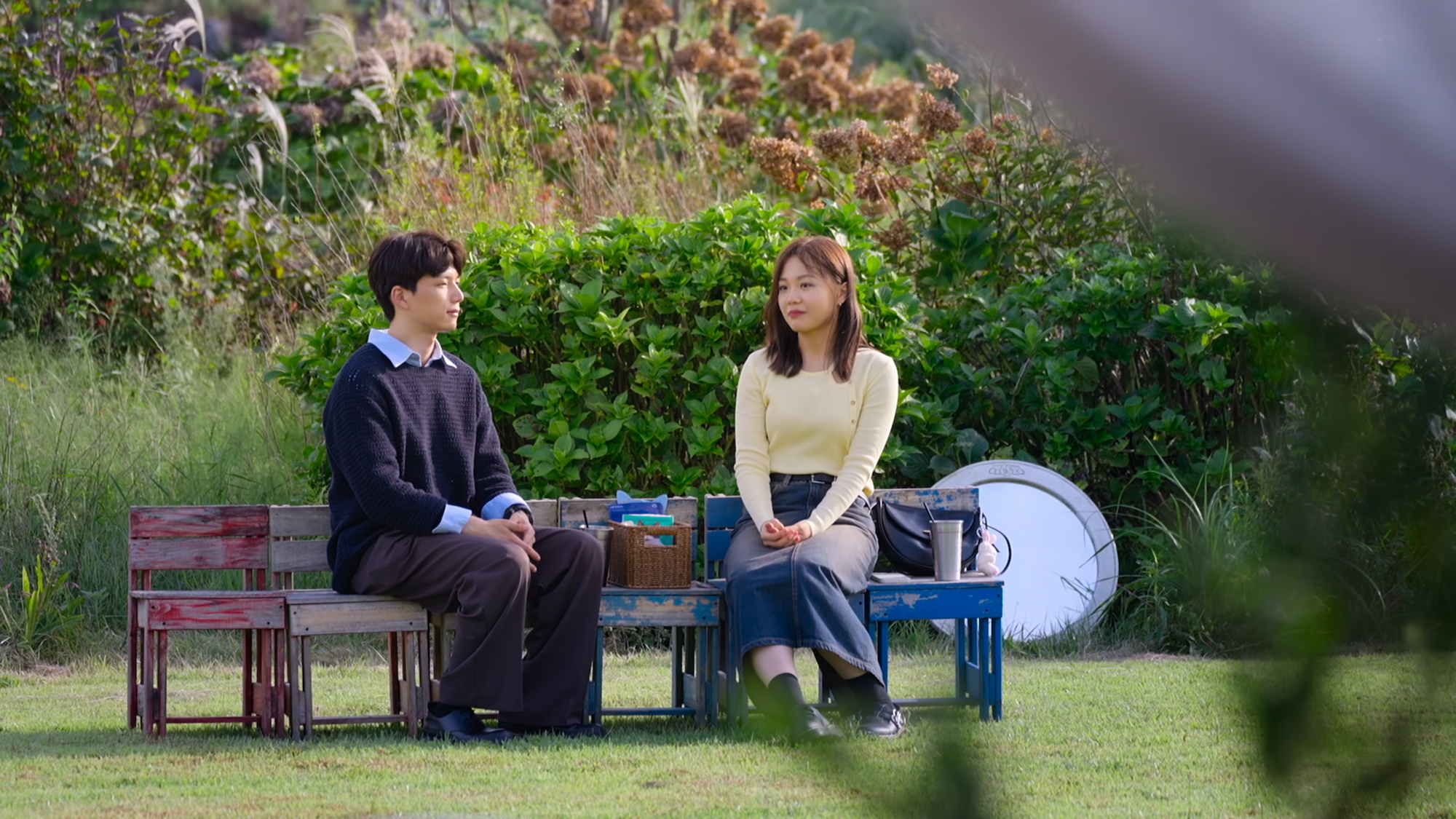
Noh Jae-yun and Kim Yeo-myung on a date on Better Late Than Single.
It’s time for mainstream American reality TV to press pause and invest in low-stakes drama and slow-burn relationships. It would mean a return to reality’s roots; many of today’s most-watched franchises grew their popularity by balancing jaw-dropping storylines with fan-favorite romances. Love Is Blind didn’t grow into a behemoth without Lauren and Cameron; Bachelor Nation survives off couples like Sean and Catherine and Trista and Sutter. American shows can also take a note from series that have found popularity with much lower stakes. International shows like The Boyfriend and Better Late Than Single are breaths of fresh air that suck viewers in despite their slower pacing.
Get exclusive access to fashion and beauty trends, hot-off-the-press celebrity news, and more.
Despite the trend of 2025’s dating shows turning up the conflict, people don’t watch reality TV just for the drama. Whether their viewing is prompted by an attachment to their favorite cast members, voyeuristic observation as an escape from day-to-day life, or meta analysis of unscripted editing and cultural tropes (okay, that last one may be just me), viewers of these shows don’t want or need wall-to-wall misery when we can get that elsewhere (like the news). Producers need to remember that if they continue to take the fun out of reality TV, fans can easily stop watching.
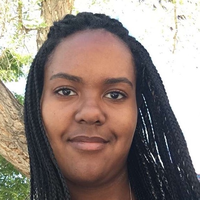
Quinci LeGardye is a Culture Writer at Marie Claire. She currently lives in her hometown of Los Angeles after periods living in NYC and Albuquerque, where she earned a Bachelor’s degree in English and Psychology from The University of New Mexico. In 2021, she joined Marie Claire as a contributor, becoming a full-time writer for the brand in 2024. She contributes day-to-day-content covering television, movies, books, and pop culture in general. She has also written features, profiles, recaps, personal essays, and cultural criticism for outlets including Harper’s Bazaar, Elle, HuffPost, Teen Vogue, Vulture, The A.V. Club, Catapult, and others. When she isn't writing or checking Twitter way too often, you can find her watching the latest K-drama, or giving a concert performance in her car.